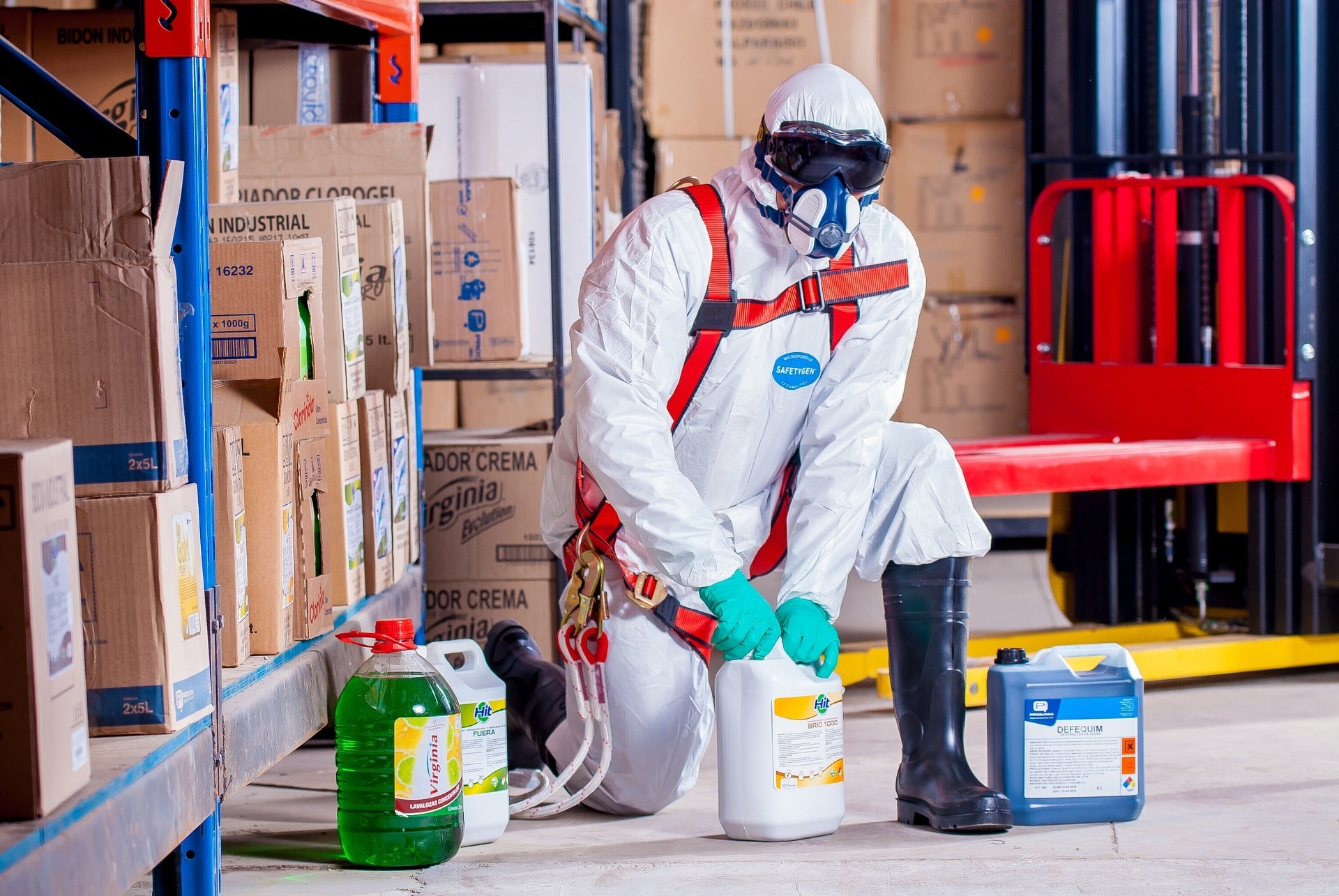
Occupational allergies are a major health issue that employees and organizations can no longer afford to overlook. It has become worse with the increasing number of workers affected by allergens, making it critical to develop measures to manage this problem. Here, we look at how best to manage occupational allergies.

The first step to knowing how to handle employees with allergies is by making it a priority to learn about their conditions. This is best done through the human resource office as you need to be cautious about handling anyone with sensitivity to allergens. You should also be aware that most individuals with allergies are more vulnerable during an allergy season, depending on where you live and what they are allergic to. For example, employees who are allergic to pollen are at higher risk during late winter or spring when trees and plants pump out these allergens.
Nevertheless, most allergies are triggered the moment an individual is exposed to allergens that quickly trigger hypersensitivity of the immune system. Once you have figured out who among your employees have allergies, it is vital to request them to have their allergy medication at the workplace. These will come in handy as the first line of defense after exposure to allergens while at the workplace.
For a safer work environment, you need to educate your employees on allergies, common allergens, and how to spot signs of allergic reactions. Most workers never realize the severity of allergies and making it clear that there is more to these conditions than sneezing, coughing, or slight rashes will ensure everyone is ever cautious about their actions. This will help avoid preventable incidents such as pranks and food allergies while encouraging a greater sense of responsibility among everyone.

The worrying increase in workplace accidents and emergencies has made it vital for organizations to train employees on first-aid measures. These have a tremendous trickle-down effect as they come in handy whenever an employee with severe allergies requires instant medical attention. Remember, the first few minutes after an allergic reaction starts are critical, and if an employee is provided with emergency treatment, the symptoms will be easier to manage.
As an employer, you have to make reasonable adjustments to accommodate employees with allergies. Your aim should be to create a suitable environment that factors in the health and safety of your workers while allowing them to perform their duties. Depending on the allergies in question and the employees affected, you could opt to:
It is never enough to raise awareness on occupational allergies, and you need to set up policies to protect vulnerable employees. Firstly, confidentiality about employees’ medical conditions needs to be respected and should be complemented by seeking personal and professional guidance on what is needed in case of an emergency. You should also have policies on dealing with workers who break the guidelines and end up exposing their co-workers to allergens.
One of the best ways to protect employees with allergies is by ensuring they stay in a clean and well-ventilated office. Some of the best ways to do this are by:
If you are in a high-risk industry where employees are constantly in contact with harsh elements and exposed to substances that can cause allergies, you must never take any risks. Always provide your employees with appropriate protective gear to limit contact with these substances while also avoiding common workplace injuries. For example, providing masks that can filter airborne particles will offer protection against most allergens, especially if employees have to work outdoors in an uncontrolled environment.

Opting for less harmful substances in place of products that cause allergies is a smart way to keep employees safer. There are many ways that you can do this, including:

You need to be ready to have employees with allergies take time off for medical emergencies, given how much care they require after exposure to allergens. In case of an emergency at the workplace, you should strive to have the medical respondents know about their condition as there is a good chance they could be allergic to new medication. You should also prioritize getting in touch with their loved ones or personal doctor after they experience an allergic reaction for better medical attention.
The ADA act reigns supreme when it comes to employee welfare, and you need to ensure compliance with these policies. Remember, some allergy-related incidents can be reported under Reporting of Injuries, Diseases, and Dangerous Occurrence. This can cause legal problems if you do not have a proper structure to prevent these foreseeable injuries and to stay safe, you will need to know your expected mandates. If you have any doubts about the stretch of your legal duties, consult with your liability insurer to iron out these issues before it is too late.
Managing occupational allergies is never simple as all it takes is a little exposure to allergens, and you will have a severe problem at hand. Luckily, you can minimize these risks by taking these steps to protect your employees and make your workplace safer for everyone.
Find A Doctor | New York Doctors | New Jersey Doctors | Connecticut Doctors
Medical Services | Conditions Treated | Insurance | Contact Us | Privacy Policy | Site Map | Terms of Service | Blog | Advertising
This site does not provide or endorse any medical or legal advice. All medical practices listed on this site are independently owned and operated by licensed physicians. Learn more
Copyright © var currentYear = new Date().getFullYear();document.write(currentYear); Injured Call Today. All Rights Reserved.
